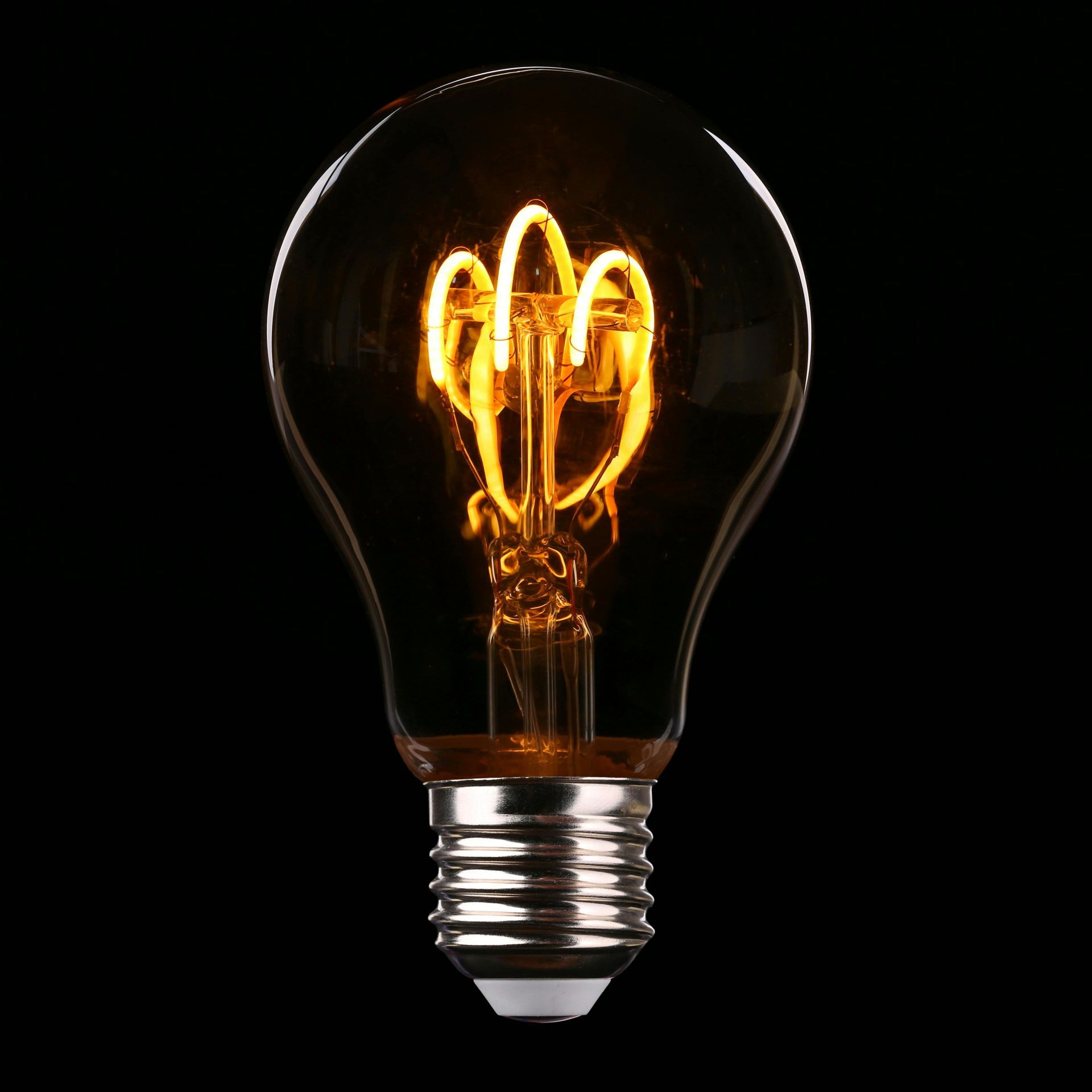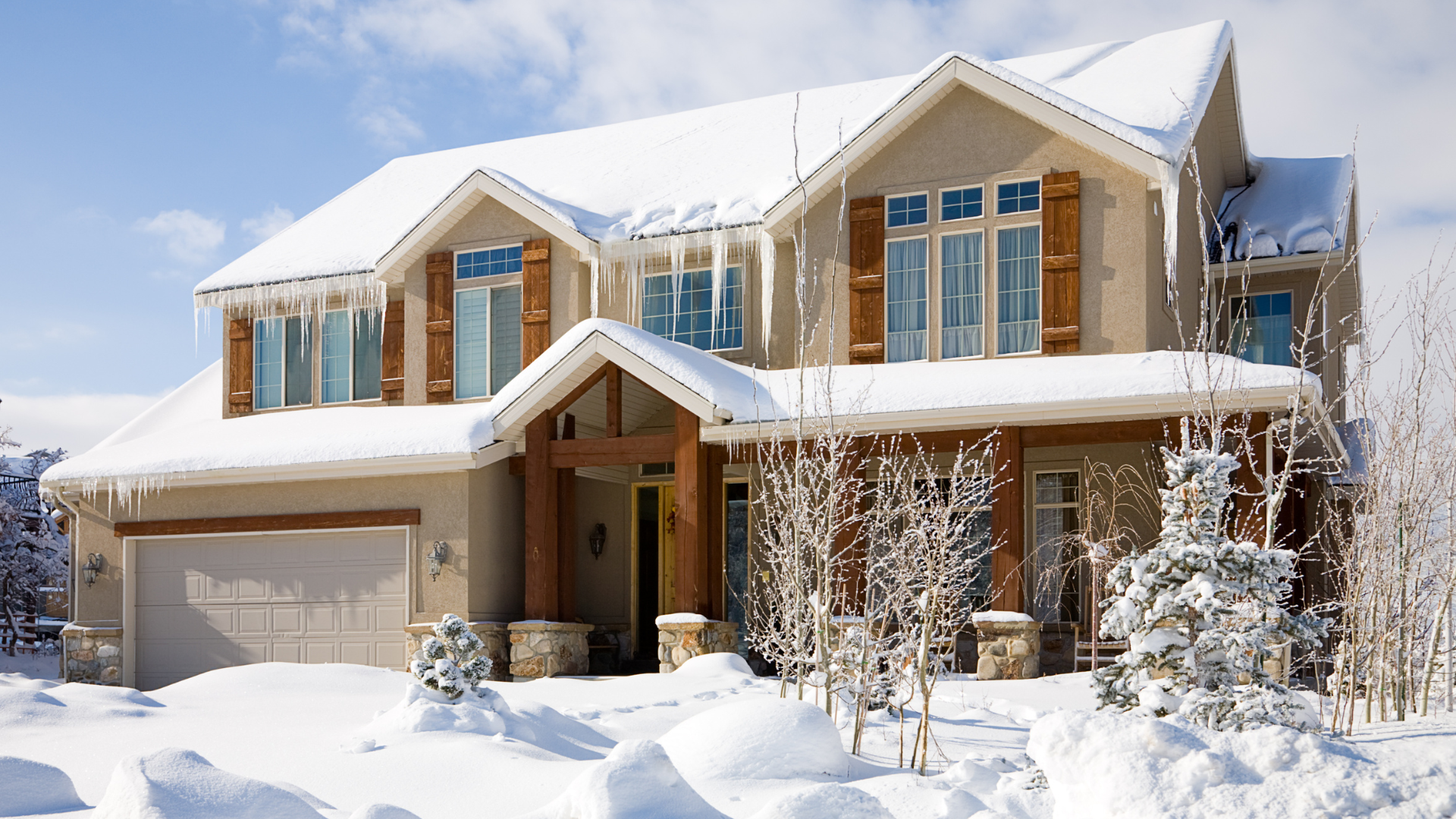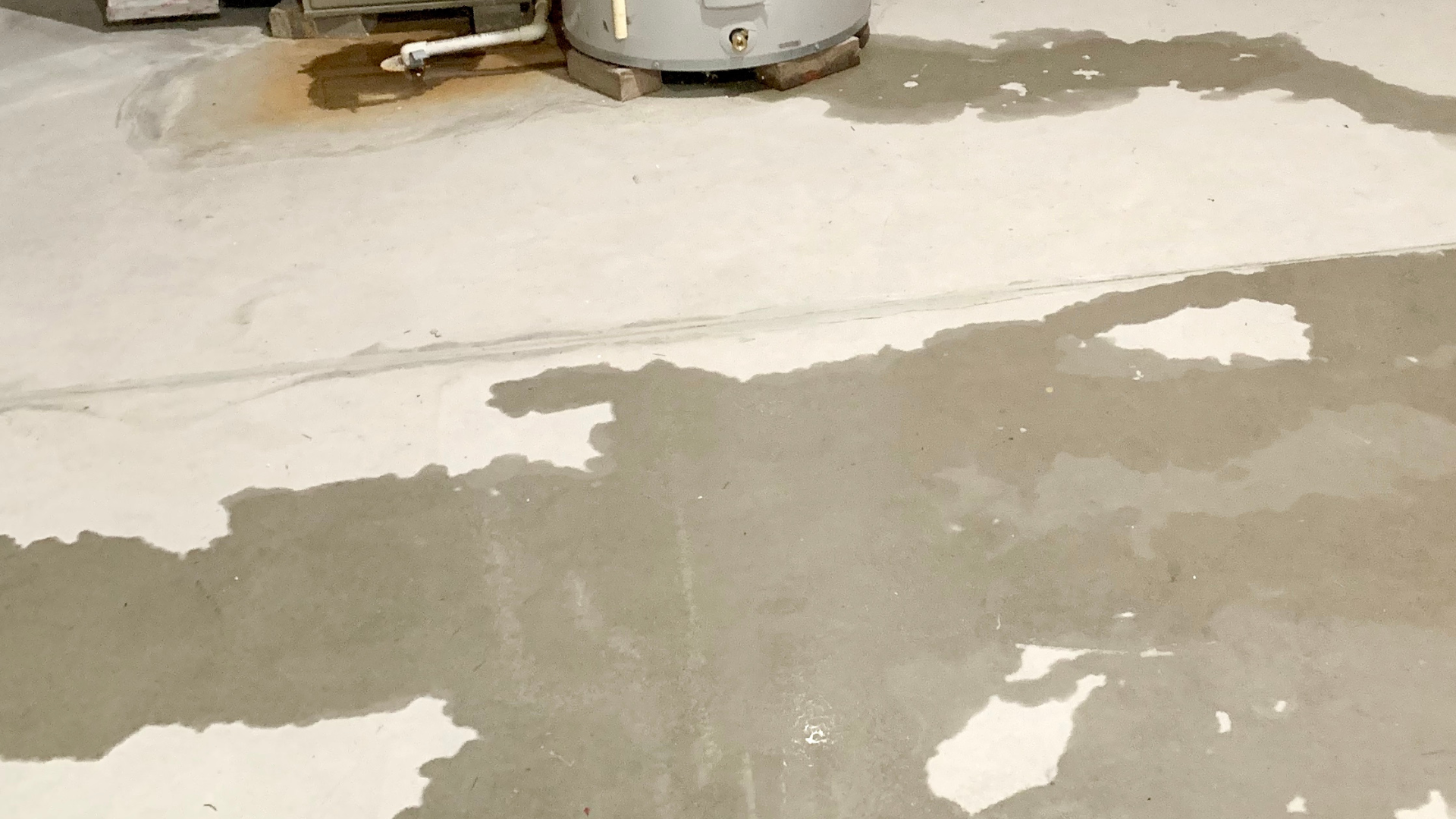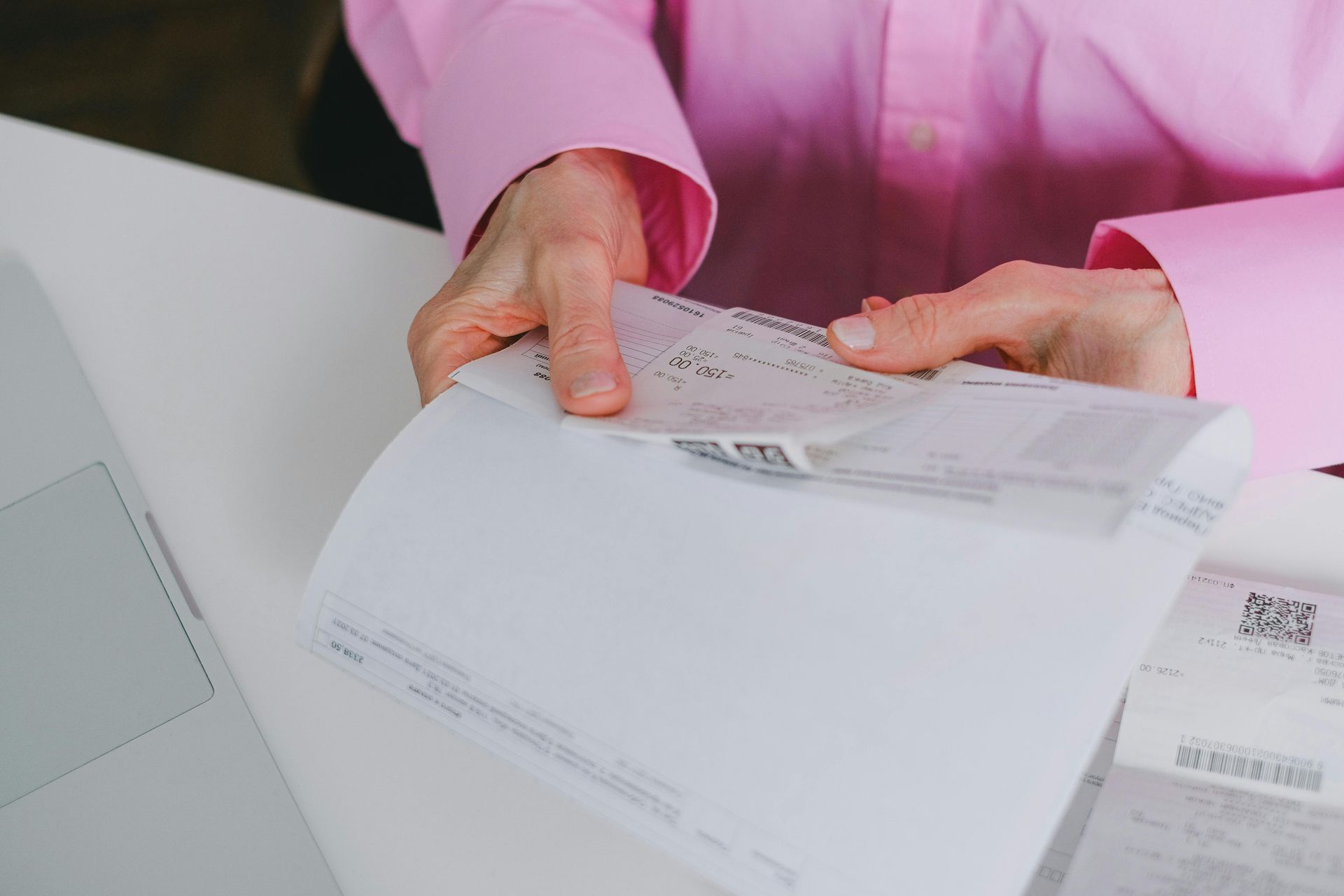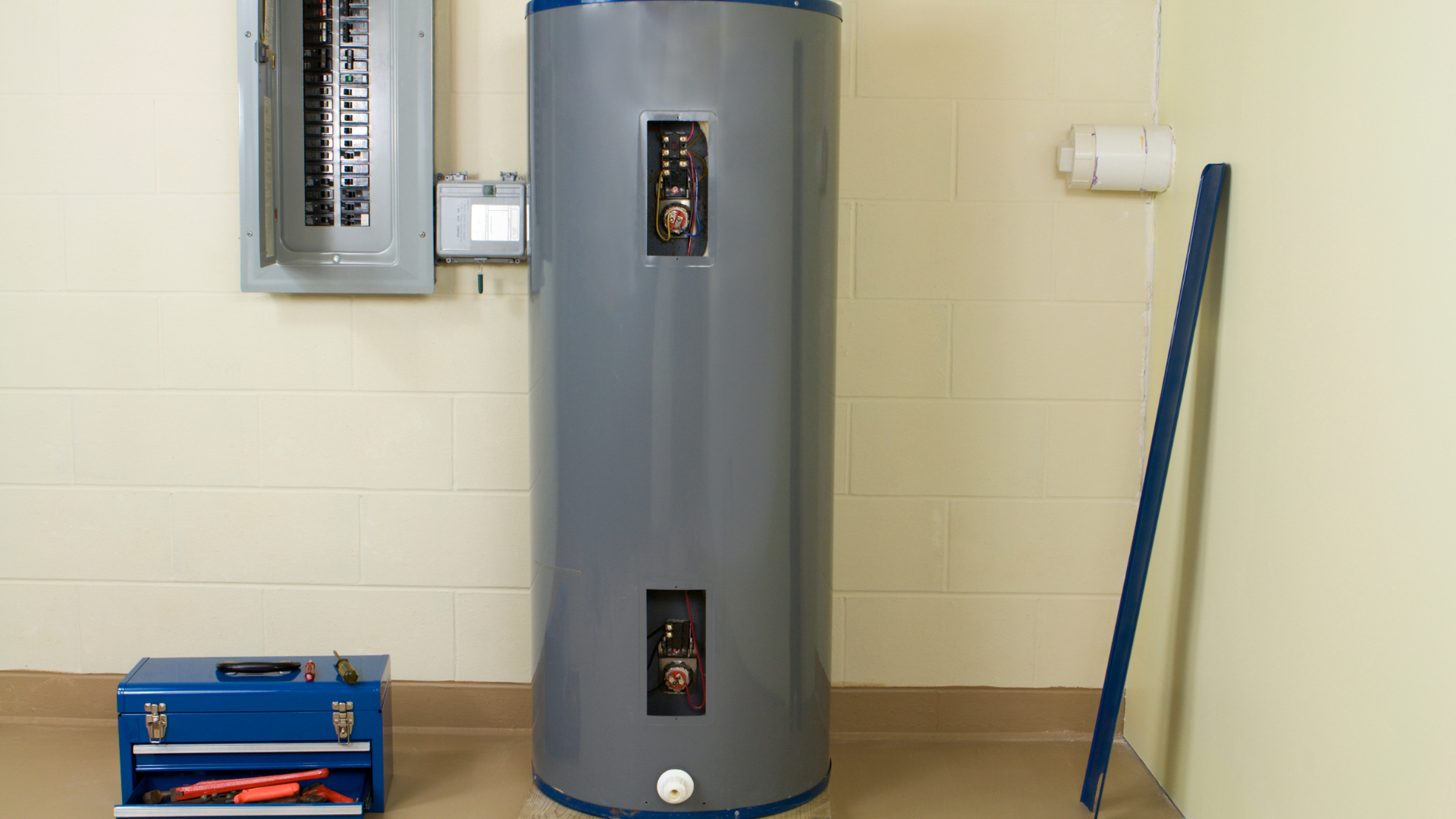North Dakota
Your North Dakota Home Project: Understanding Licensing, Sales Tax, and Verification

Embarking on a home improvement project in North Dakota means navigating a state-level contractor licensing system that varies by project size, alongside specific state licenses for trades like electrical and plumbing. A key difference from many states is North Dakota's unique sales tax application for construction. Understanding these details is crucial for a smooth and compliant project.
Contractor Licensing in North Dakota: Secretary of State and Trade Boards
North Dakota uses a multi-faceted approach to contractor licensing:
North Dakota Secretary of State (SOS) - General Contractor Licenses:
- Mandatory for projects over $4,000: Any contractor (general or specialty) performing work where the contract amount is $4,000 or more must be licensed by the North Dakota Secretary of State.
- License Classes based on project value:
- Class A: Contracts over $500,000
- Class B: Contracts up to $500,000
- Class C: Contracts up to $300,000
- Class D: Contracts up to $100,000
- Requirements for SOS Licenses typically include:
- Registering the business name with the Secretary of State.
- Completing a contractor license application.
- Providing a Certificate of Liability Insurance (naming the ND Secretary of State as a certificate holder).
- Presenting a statement from Workforce Safety & Insurance (WSI) confirming good standing (for workers' compensation).
- Paying a filing fee based on the license class.
- No statewide bonding requirement for SOS licenses, but some municipalities may require a local bond.
Trade-Specific Licenses (State Boards):
- In addition to the SOS general contractor license, specific trades have their own dedicated state licensing boards, requiring specialized qualifications, exams, and renewals.
- North Dakota State Electrical Board: Licenses Master, Journeyman, Class B, and Power-Limited Electricians, as well as Apprentices.
- Requires extensive documented experience (e.g., 8,000 hours for Journeyman, 2,000 hours as Journeyman for Master) and passing state exams.
- Electrical Contractors must employ a licensed master electrician and carry liability insurance.
- North Dakota State Plumbing Board: Licenses Master, Journeyman, and Apprentice Plumbers.
- Requires significant apprenticeship experience (e.g., 7,600 hours for Journeyman) and passing exams.
- Requires continuing education for renewal.
- HVAC Contractors: North Dakota does NOT have a statewide HVAC license.
- Licensing for HVAC professionals (Journeyman, Master Mechanical, Master Fuel Gas) is primarily handled at the local municipal level (e.g., Fargo, Bismarck, Minot).
- Contractors doing HVAC work on projects over $4,000 still need a general contractor license from the Secretary of State. Individuals working with refrigerants must also hold a federal EPA Section 608 certification.
Key Takeaways for Homeowners:
- For any project exceeding $4,000, ensure your contractor holds an appropriate North Dakota Secretary of State contractor license (Class D, C, B, or A based on project value).
- For electrical or plumbing work, verify the individual and/or company holds the correct state-issued electrical or plumbing license.
- For HVAC work, check with your specific city or county to see if local licensing is required.
- Always confirm that your contractor has the necessary insurance and workers' compensation coverage.
Sales Tax on Home Service Projects in North Dakota
North Dakota has a state sales and use tax rate of 5%. In addition to this, local sales taxes (city and county) can apply, with combined rates varying significantly depending on the location.
Here's how sales tax generally applies to home service projects in North Dakota:
- Contractors as Consumers (Most Common for Real Property Improvements):
- In North Dakota, contractors who perform services that result in tangible personal property becoming permanently affixed to real property (i.e., your home, a building, or land) are generally considered the "final users" or "consumers" of those materials.
- This means the contractor pays sales or use tax on their purchase of all materials, supplies, and equipment from their suppliers (e.g., lumber, fixtures, wiring, pipes, paint). This tax is paid at the time the contractor acquires the materials.
- Therefore, the contractor DOES NOT typically charge you, the homeowner, sales tax on the total contract price (which includes both materials and labor) for the completed real property improvement. The sales tax on the materials is already paid by the contractor and is built into their overall project cost.
- This "contractor as consumer" rule applies to most typical home improvement projects like new construction, remodeling, additions, roofing, installing built-in plumbing/electrical systems, and painting that permanently changes the property.
- Labor for Real Property Improvements is Not Taxable:
- The labor portion of construction activities that results in a permanent improvement to real property is generally not subject to sales tax when billed to the homeowner.
- Exceptions (When Services/Goods are Taxable to the Customer):
- If a contractor makes a "retail sale" of tangible personal property without incorporating it into real property (e.g., selling you a new appliance that you will install yourself), then the contractor would be required to collect sales tax from you on that sale.
- If a service does not result in a permanent improvement to real property (e.g., certain maintenance services, landscaping services like lawn mowing without property improvement), then sales tax might apply to that specific service, depending on the nature of the service.
- "Labor only" contracts: If a contractor is hired only for labor to install tangible personal property, and another entity (like the homeowner) is providing the materials, the contractor is not responsible for sales tax on the materials. The entity providing the materials would have paid tax on them.
It's always crucial to have a clear, written contract that details how pricing is structured and clarifies that sales tax on materials is handled by the contractor directly. For definitive information, consult the North Dakota Office of State Tax Commissioner's guidance for contractors.
How to Verify Licensing in North Dakota
Verifying a home service contractor's licenses in North Dakota involves checking the state's Secretary of State and specific trade boards, and potentially local municipalities.
North Dakota Secretary of State (SOS) - Contractor Search:
- This is the primary tool for verifying a general or specialty contractor's license (Class A, B, C, or D).
- You can search by business name or license number. The search will show the license status, class, and other details.
- ND SOS Contractor Search: https://firststop.sos.nd.gov/search/contractor (or search "North Dakota Secretary of State contractor search")
North Dakota State Electrical Board - License Search:
- Use this for verifying electrical licenses (Master, Journeyman, Class B, Power-Limited, and Apprentices).
- ND Electrical Board License Search: Visit the official website (https://ndseb.com/) and look for a "Find a Licensed Electrician" or "License Search" tool.
North Dakota State Plumbing Board - License Lookup:
- Use this for verifying plumbing licenses (Master, Journeyman, and Apprentice Plumbers).
- ND Plumbing Board License Lookup: Visit the official website (https://ndplumbingboard.com/) and look for a "License Lookup" tool.
Local City/County Building Departments/Licensing Offices (for HVAC and other trades):
- Since HVAC and some other trade licenses are local, you MUST contact the building department or permitting office of your specific city or county where the work will be performed.
- Inquire about their specific licensing or registration requirements for the trade, and ask to verify if your contractor holds the necessary local license. They can also tell you if permits are needed for your project.
- Examples to search for on official city websites:
- City of Fargo Planning & Development - Licenses
- City of Bismarck Building & Safety - Contractor Licensing
North Dakota Secretary of State - Business Entity Search:
- Any legitimate business operating in North Dakota should be registered with the North Dakota Secretary of State. This confirms their legal existence.
- ND SOS Business Entity Search: https://firststop.sos.nd.gov/search/business (or search "North Dakota Secretary of State business search")
- Proof of Insurance and Workforce Safety & Insurance (WSI):
- Always request a Certificate of Insurance (COI) directly from the contractor's general liability insurance provider, detailing their coverage.
- Also, ask for a statement of good standing from Workforce Safety & Insurance (WSI), especially if the contractor has employees, to confirm their workers' compensation compliance.
By diligently using these official resources and contacting local authorities, you can confidently choose a licensed and compliant contractor for your North Dakota home improvement project, minimizing risks and protecting your investment.
Sources and Resources:
- North Dakota Secretary of State (SOS) - Licensing Division:
- Official Website: https://sos.nd.gov/
- Contractor Search: https://firststop.sos.nd.gov/search/contractor
- Business Entity Search: https://firststop.sos.nd.gov/search/business
- General Contractor Licensing Information: Search their site for "Contractor License."
- North Dakota State Electrical Board:
- Official Website: https://ndseb.com/
- License Verification: Look for "Find a Licensed Electrician" or "License Search" on their site.
- North Dakota State Plumbing Board:
- Official Website: https://ndplumbingboard.com/
- License Lookup: Look for "License Lookup" on their site.
- North Dakota Office of State Tax Commissioner:
- Official Website: https://www.tax.nd.gov/
- Sales and Use Tax for Contractors: Search their site for "Contractors" or relevant Sales & Use Tax guidelines.
- North Dakota Workforce Safety & Insurance (WSI):
- Official Website: https://www.workforcesafety.com/
- Local City/County Websites:
- You will need to search the official websites for your specific municipality (e.g., Fargo, Bismarck, Grand Forks, Minot) for their local contractor licensing, registration, and permitting requirements, particularly for HVAC and other trades.
Click Another Article to Read More






